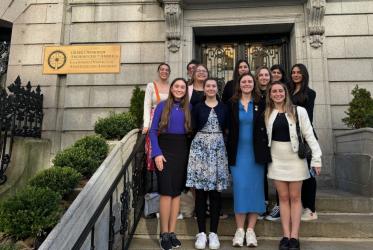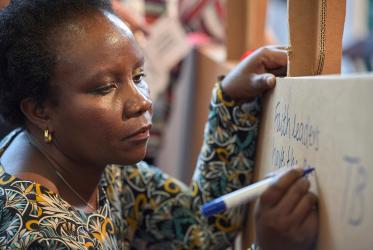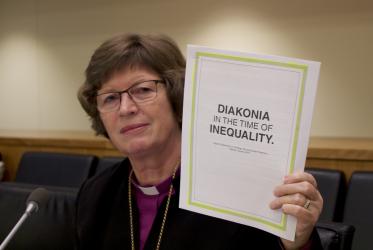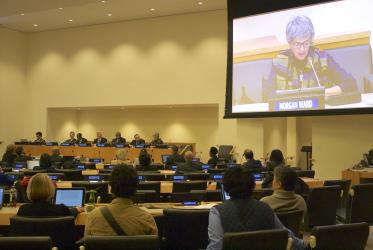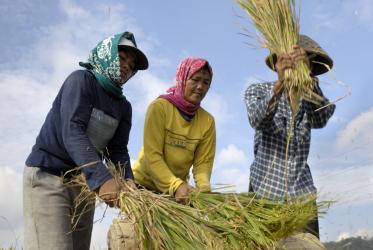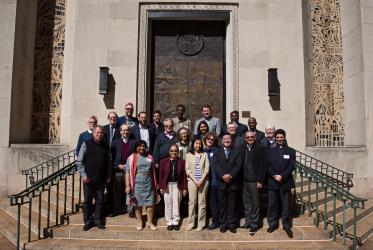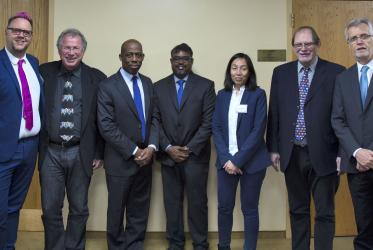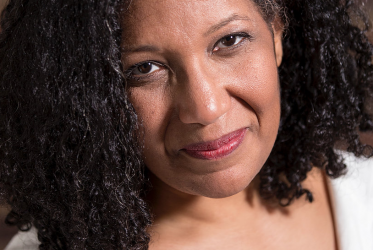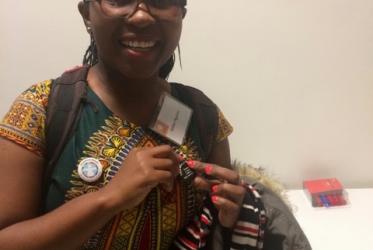Displaying 1 - 20 of 29
25 April 2024
WCC supports Zacchaeus campaign for tax justice
12 July 2019
Churches called to “break new ground” in gender justice
28 March 2019
Sustainable resourcing for sustainable development
05 February 2019
WCC mourns passing of Rev. Dr George Edward Todd
25 January 2019
5th Annual Symposium on the Role of Religion and Faith Based Organizations in International Affairs
29 January 2019
Conference Room 2, United Nations secretariat, New York
Panel addresses economic and climate injustice
24 April 2018
New economic architecture focus of New York meeting
22 April 2018
Sharon Watkins reflects on work ahead to end racism
09 April 2018

